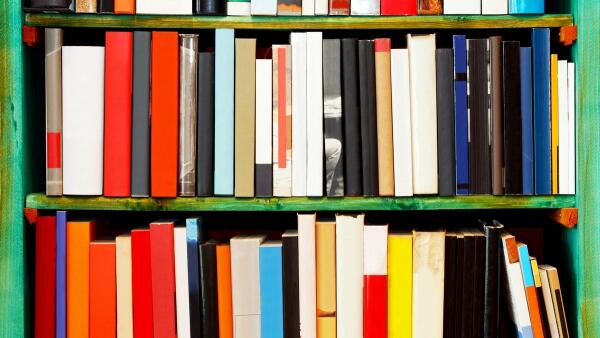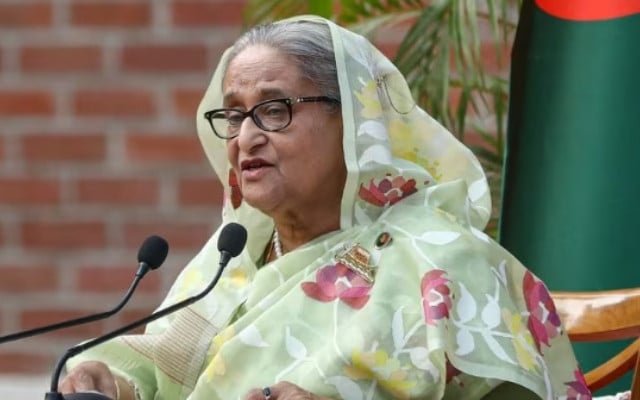Are your books a source of joy? If not, give them to the booksellers in the UAE.
- byAdmin
- Jul 1, 2024
- 11 months ago

The practice of obtaining books and allowing them to accumulate in one's home without being read is known as "tsundoku" in Japanese.
I used to feel terrible for a long time if I bought new books when I had plenty of unread ones on my shelves. I consider myself to be a minimalist, thus I don't stockpile. I detest excess and wastefulness, consider my purchases carefully before making them, and like organising my belongings. I therefore had a very difficult time accepting my need to acquire new books despite the mountains of unread ones. My reasoning, however, was flawed since I mistakenly thought that an unread book was the same as an unused item of clothing. In my life, my books fulfilled rather diverse functions that I was unaware of.First off, I've come to love designing and constructing a home library over the years. My books are my most valued assets, and my bookshelves serve as the focal point of my house.
Even if they are not delivered right away, I take the time and care to choose books I wish to read. My own understanding of this was aided by learning about the Konmari technique, which was developed by Japanese organisation and decluttering specialist Marie Kondo. When decluttering our houses, according to Kondo, we should consider if an item brings us joy or fulfils a functional requirement. We don't declutter with the intention of throwing anything away; instead, we consider preserving just the items that truly resonate with us. And nothing is more meaningful to me than literature.
Second, I read different novels for different purposes at different times: amusement, consolation, or sating an intellectual curiosity. I stand in front of my bookcase sometimes knowing precisely what I want to read, and other times I just look at the collection to see what appeals to me. I thus require a range of unread books around because I am unable to purchase one book at a time.
Thirdly, and this is crucial: I firmly think that readers should be helped by writers, publishers, and bookstores. Most people are unaware that authors don't usually make a lot of money—that is, until they write a worldwide blockbuster. Purchasing the books of independent publishers and small presses that publish a diverse range of writers is the greatest way for us to support them and help them avoid the "danger of a single story," as cautioned by Chimamanda Adichie in her well-known Ted presentation.
Even while I firmly think that there is never too many books, I do feel that we should regularly go through our shelves and do an inventory. Something that made us happy a year ago might not resonate with us now. Alternatively, let's face it: we probably won't read that book we have been meaning to read for the last five years but have never got around to. Thus, there's no harm in giving it to someone else who might be interested. Every few months, I clean out my shelves and either sell my unwanted books on bookends.ae, an online marketplace for secondhand books in the United Arab Emirates, or donate them to a charity project like Book Hero.
Decluttering our houses is a terrific way to start the new year with clarity, lightness of being, and concentration in our lives. Consider whether or not books make you happy and have a purpose. If not, give them to someone else so they can enjoy your tsundoku.
Post a comment
Hot Categories
Recent News
Luciano Spalletti and Italy at a crossroads following the Euros Title Defense debacle
- Jun 30, 2024
- 11 months ago
Daily Newsletter
Get all the top stories from Blogs to keep track.



0 comments